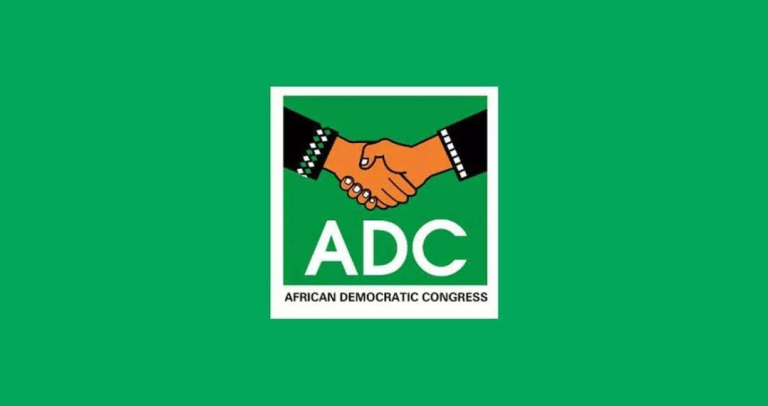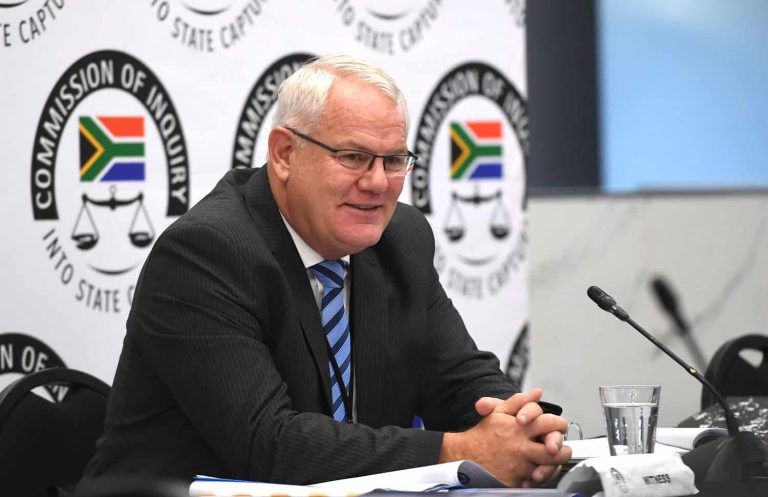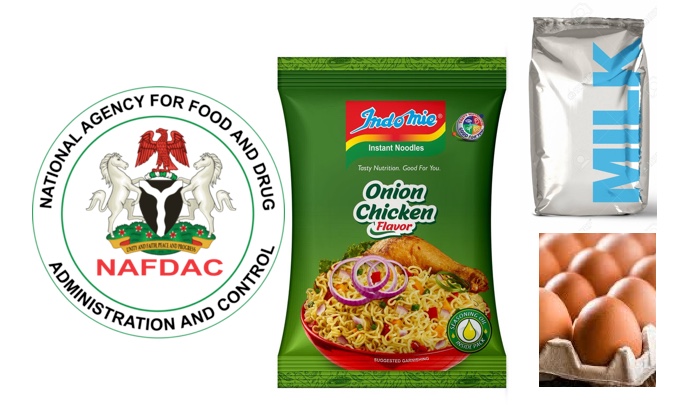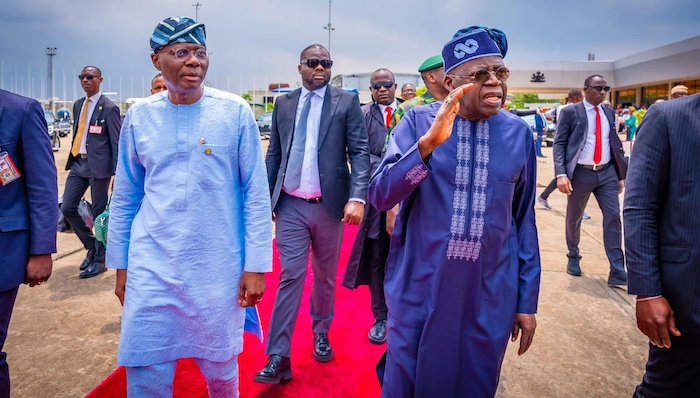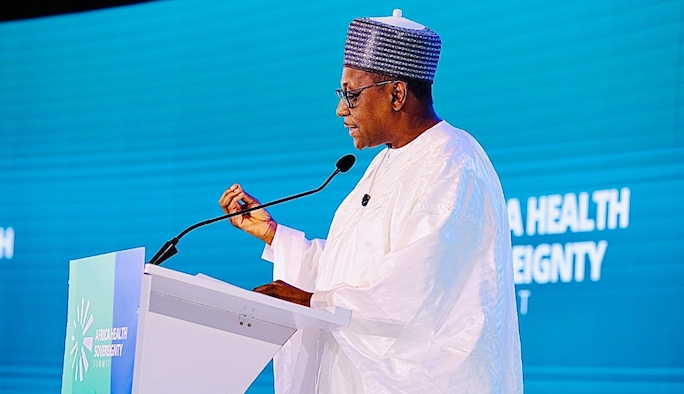
In a major boost for Nigeria’s health sector, the Coordinating Minister of Health and Social Welfare, Professor Muhammad Ali Pate, has secured a landmark agreement in China that promises affordable access to diagnostic equipment and fresh foreign investment in local manufacturing.
In a statement posted on X via the ministry’s official handle on Wednesday, the government announced that Professor Pate concluded strategic engagements in Beijing and Guangzhou, resulting in a discounted diagnostics deal and renewed investor confidence in Nigeria’s healthcare industry.
According to the statement, during a working visit to PlusLife Diagnostics’ corporate headquarters and manufacturing facilities in Guangzhou, Professor Pate obtained a commitment for a heavily discounted mass procurement of Point-of-Care (POC) diagnostic equipment for Tuberculosis and other Non-Communicable Diseases (NCDs) through the United Nations StopTB Global Drug Facility.
The ministry explained that the agreement directly supports the Nigeria Health Sector Renewal Investment Initiative (NHSRII), aimed at expanding access to affordable diagnostics, reducing catastrophic out-of-pocket expenses, and strengthening the healthcare value chain for long-term sustainability.
In addition to the discounted supply deal, PlusLife pledged to establish local manufacturing operations in Nigeria between 2026 and 2028, a move that underscores growing investor confidence spurred by President Bola Ahmed Tinubu’s reform policies under the Renewed Hope Agenda.
Quoting the Minister, the statement read:“This is a transformational step toward decentralising diagnostics and expanding access to quality testing through our Primary Health Care system. With the significant cost advantage of PlusLife technology, we can stretch resources further to test more Nigerians and save more lives.”
Professor Pate also highlighted that the growing investment momentum in the health sector is directly linked to the Executive Order recently issued by President Tinubu, which removed all taxes and import duties on pharmaceutical raw materials, diagnostic equipment, vaccine production inputs, and healthcare manufacturing lines.
“This Executive Order is not theory — it is already working,” Pate said. “Global partners are responding because Nigeria has now become a viable market where innovation, manufacturing and value chain growth can thrive.”
Speaking further at the Sino-Africa Healthcare Cooperation Forum 2025 in Beijing, organised by the Embassy of Nigeria in collaboration with CEIBS, AFKMED and VCBeat, Professor Pate reaffirmed that Nigeria’s macroeconomic and health sector reforms are aligning health development with industrial policy, generating new manufacturing opportunities and driving sustainable economic expansion.
The statement concluded that through strategic diplomacy and reform-driven execution, Nigeria is positioning itself as Africa’s emerging hub for diagnostic innovation, pharmaceutical production, and health technology scale-up, with the twin goals of expanding access to lifesaving care and transforming the health sector into a key engine of national growth.
Boluwatife Enome
